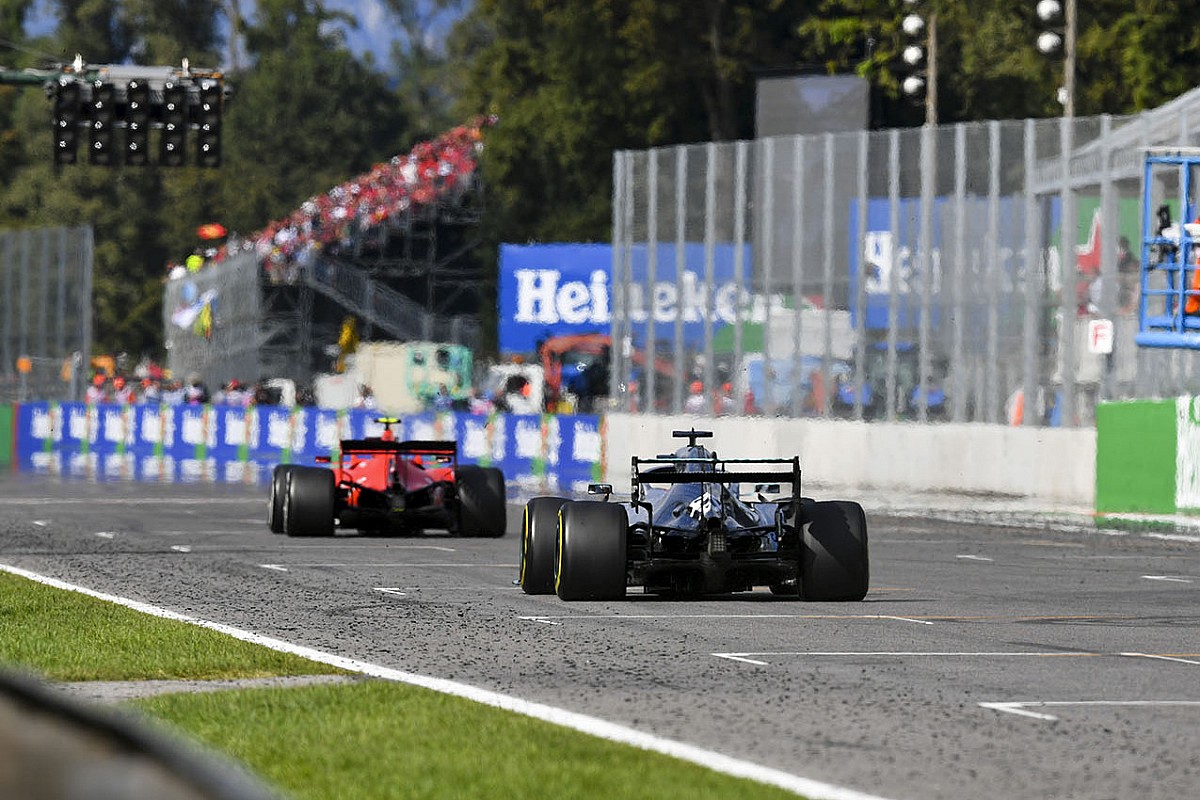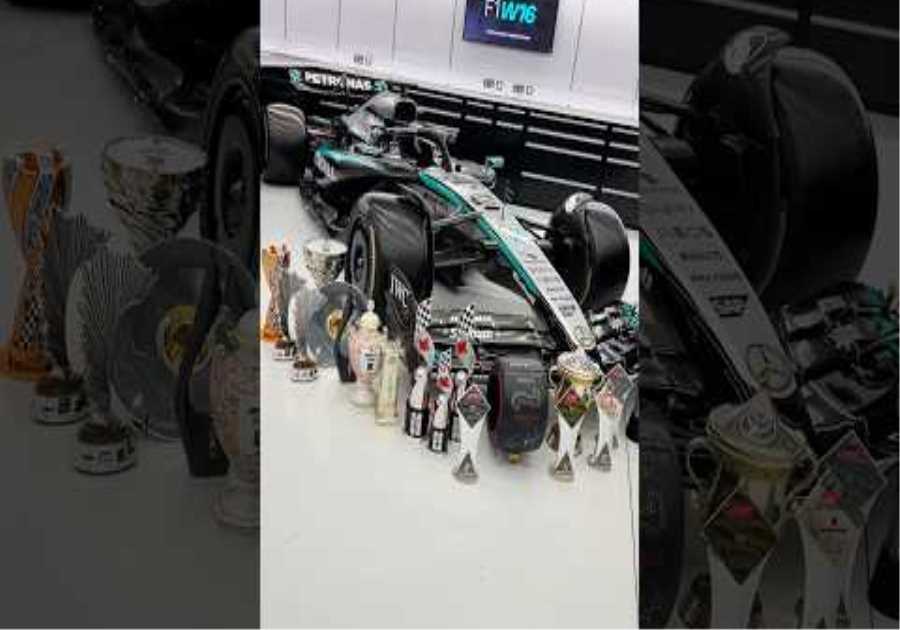
The German manufacturer faces ongoing concerns about its engine this season as both Lewis Hamilton and Valtteri Bottas have faced a number of start penalties since the summer break.
Hamilton, who is being determined for a DRS violation in qualifying, has acquired a new internal combustion engine for the Brazilian Grand Prix this weekend and will be serving a starting penalty of five places on Sunday.
The Mercedes situation is a surprise considering how few reliability issues it had throughout the turbo-hybrid era. Honda’s F1 technical chief Toyoharu Tanabe noted that he “can’t believe” why his rival has fought so hard.
Team boss Toto Wolff, however, believes the current difficulties are a result of Mercedes having achieved too much in pursuit performance during the 2019 season – when Ferrari had a power advantage.
This season proved controversial as Ferrari’s engine was subjected to an FIA investigation into potential behavior that circumvented F1’s strict fuel flow limits.
The FIA could not prove that Ferrari had violated the regulations, but the subsequent introduction of an additional fuel flow sensor served to reduce the performance of the Italian team.
At the time, Mercedes was upset because it felt like its employees were being pushed to their limits in order to achieve the Ferrari performance which they believed was the result of the Italian team breaking the limits of the rules.
Now Wolff is suggesting that the measures he took back then to catch up in 2020 reappear.
“We were challenged a lot in 2019 and in 2020 we came up with a unit that was there, but maybe it was too much strain on us,” explains Wolff.
Lewis Hamilton, Mercedes W12
Photo by: Steve Etherington / Motorsport Images
“When you’re constantly striving for performance, reliability sometimes falls behind. And I think that happened. “
While Mercedes has understood a lot more about its reliability issues over the past few weeks, the decision to switch Hamilton’s engine for Brazil came out of concerns about the degraded performance.
Since the team had to reduce power at the end of the life of each engine, it made the most sense to give Hamilton a boost with a new unit.
Wolff added: “We are not yet 100 percent comfortable on our part with regard to reliability and degradation. What we know for sure is that the more we do this, the more we lose power.
“That is why we would not want to continue to operate this current engine and end up with not much more in Saudi Arabia or Abu Dhabi if we are still in the championship.”
Although the reliability of the engine is currently not completely under control, Wolff says that Mercedes cannot let up with its performance boost before an impending development stop.
“You have to push hard,” he said.
“We’re fighting an extremely powerful and reliable Honda engine, and these guys have put all the resources you can possibly use into this last season. Because of me.
“And that will continue to be the engine, frozen to a certain extent, over the next few years.
“So next year we just have to make sure that we start with an engine that is performing as well as it is now, but that can actually survive the season without risking engine penalties.”
The post The reliability of the Mercedes F1 engine concerns a legacy of the 2019 Ferrari battle first appeared on monter-une-startup.Did you miss our previous article...
https://formulaone.news/mercedes/sainz-was-surprised-to-qualify-for-the-f1-mexico-gp-in-sixth-place-after-fear-of-the-aggregate






